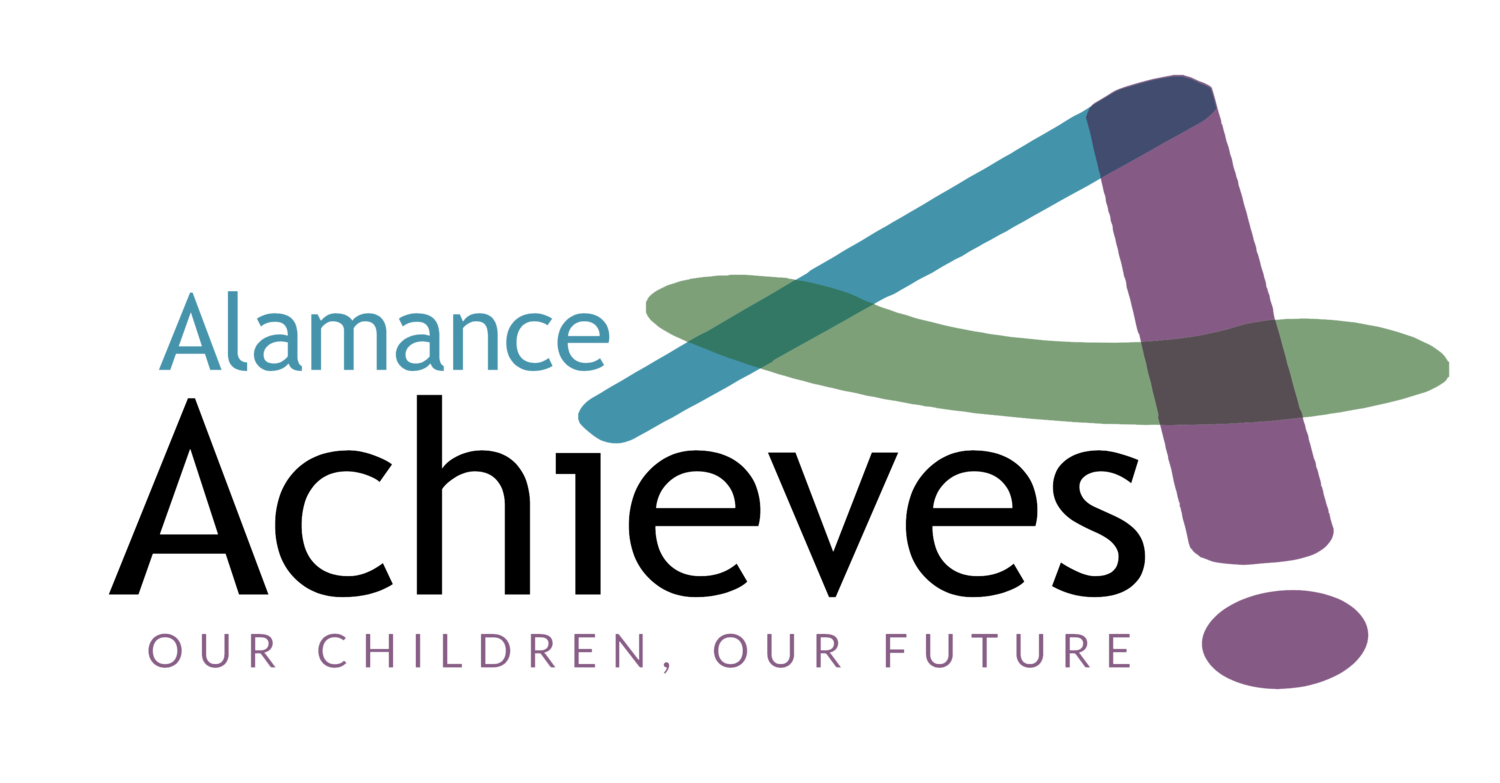How the virtual year of school is affecting education.
Of the many devastating effects of COVID-19, the learning loss experienced by children could have the most far-reaching consequences. According to a report by UNESCO, in collaboration with McKinsey and Company, about 1.6 billion children have been affected by school closures around the globe. Based on existing data, this could result in students achieving only 70% of the normal gains in reading and 50% in math, with the youngest learners experiencing the most loss.
Experts anticipate that not only will this learning loss be greater for those who do not have equal access to remote learning options, but that it also will create new gaps between students and schools. Globally, the World Bank has estimated that a shutdown of five months could generate learning losses valued at $10 trillion.
Catching our kids up
Many students have lost some learning due to school closures and online learning. For instance, after Hurricane Katrina, children that were affected lost six to 12 months of schooling. These students returned to school on average more than two years below grade level. Finding a way to recoup that lose is crucial.
Alamance Achieves is working hard to position itself to help the local community address this educational situation in Alamance County and mitigate the educational loses. “The success of our community depends on the investment we make in the children,” explained Tyronna Hooker, Executive Director. “Educating everybody takes everybody.”
With one in three children in Alamance County living in poverty, the struggle to overcome existing educational hurdles is real. Alamance Achieves is working with their Beyond the Classroom group, a group of community organizations and partners dedicated to aligning efforts to support families and students, to begin planning summer activities to support continued student learning. Alamance Achieves believes it is imperative to have the community’s voice included in the planning. Parents who have supported a virtual learned student in the ABSS system can provide feedback for community partners who are planning learning enrichment efforts by filling out the form.





